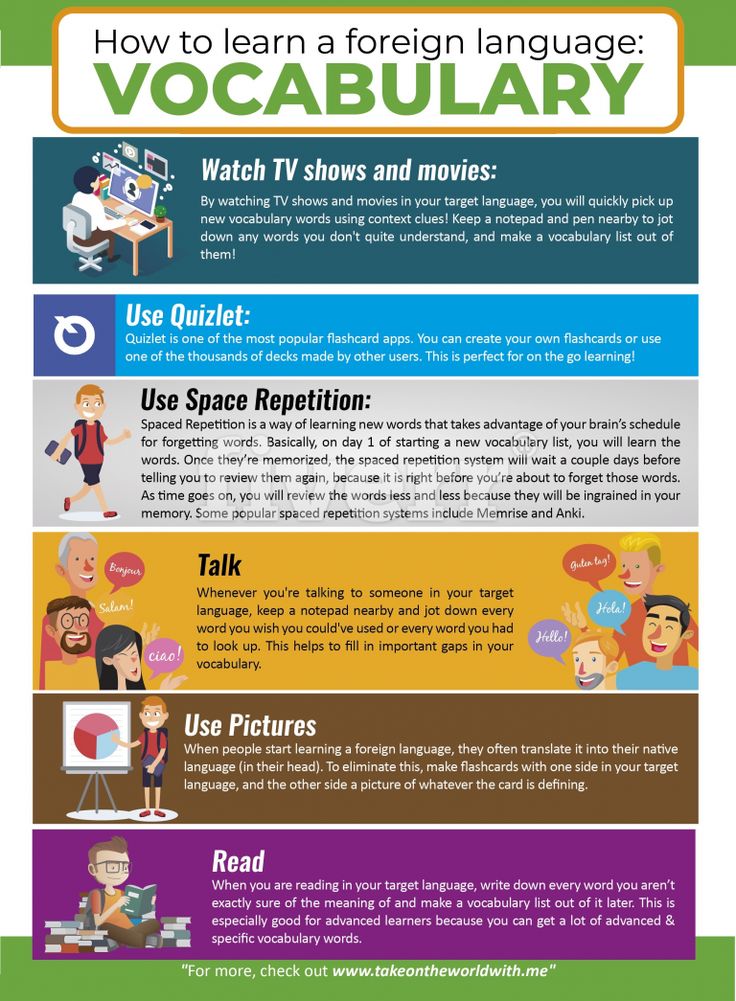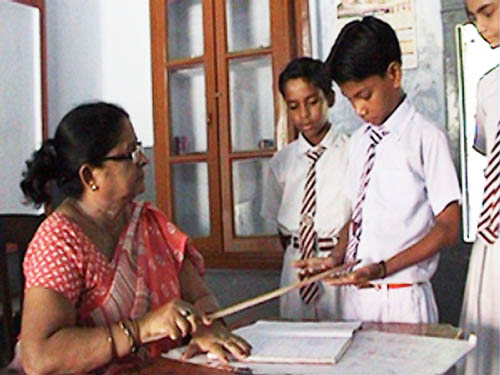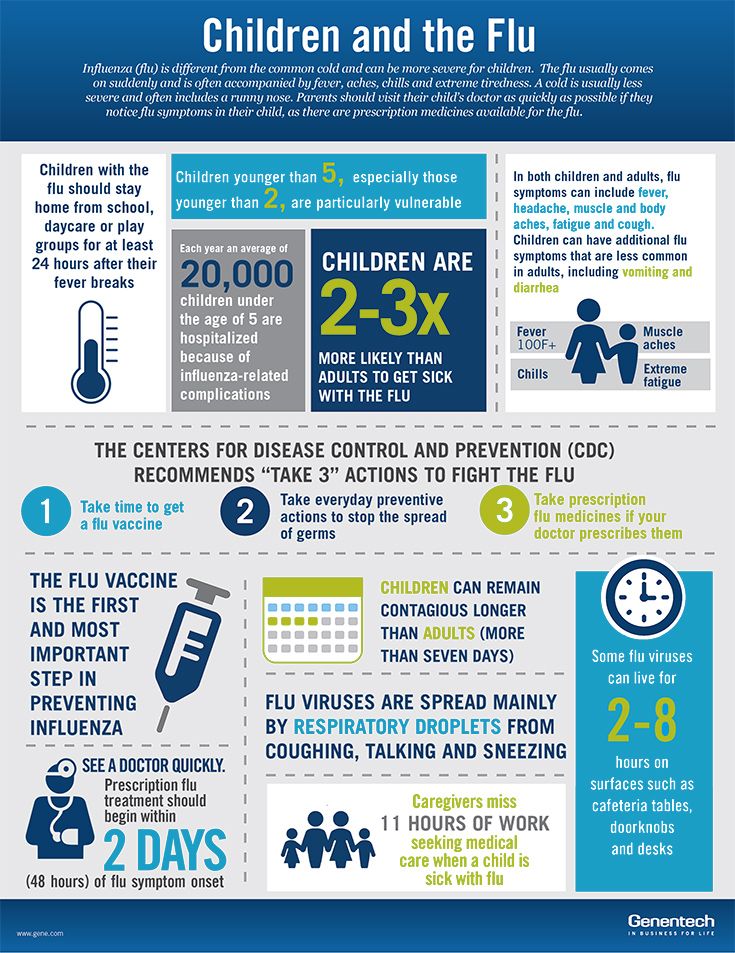How many languages should a child learn
How Many Languages Can Children Learn at the Same Time?
“How many languages can kids actually learn at the same time?”
It’s a question I’m asked a lot by mamas in our Cultured Home crew.
The super-quick answer?
Kids (including toddlers) can learn to speak multiple languages at the same time. 2, 3, 4….or more languages at once.
If you’re like WOAH…...check out this mini-language genius for even more WOAH-ness! At just 4, Bella Devyatkina could speak six foreign languages plus her native Russian!
But the number of languages your child can learn simultaneously really depends on a variety of factors. So, let’s dive into the longer answer to that question.
The amount of exposure your child has to multiple languages will play the biggest role in how well they get a handle on each one.
Parents can come up with all kinds of strategies to promote language exposure at home!
Let’s say in a family, you’ve got mom who is a native speaking Italian, dad who speaks English and in addition to Italian and English, they’d love their 3-year-old daughter to learn Chinese too. Neither mum or dad speak Chinese themselves.
Mama is speaking constantly with her toddler in Italian while dad is speaking to her in English, so exposure to these 2 languages is happening all throughout the day in a natural, unstructured way.
Together, mum and dad are consistently teaching her Chinese 30 minutes a day using videos, flashcards, and reading together, etc.
With 30 minutes a day, every day, their little one will absolutely learn words, phrases and understand Chinese in time. She just may not learn as quickly, or as to the same level of fluency as Italian and English because the level of exposure is different.
Depending on the level of fluency you want your child to reach, you have to ask yourself if you can match the amount of exposure needed for that goal on a daily basis.
For all the amazing ability our kiddos have to learn like crazy - especially languages - when they are young, without the right learning resources and consistent exposure on a daily basis they probably won’t progress too far.
If you want them to learn Italian and French, set yourself up with the right tools and activities to create a variety of ways to expose them to the new languages.
Books, flash-cards, video lessons, cartoons, games, and other play-based activities create a great mix of resources and you can see which one your kiddos are naturally drawn too.
I discovered pretty quickly when it comes to language learning that kids love to play, so I created a huge variety of lessons resources that will help you introduce a language to your kids, in a really fun and play based manner and I'm sharing them here for you to use too!
If you’re a non-native speaker, teaching your child 2 or 3 new languages is absolutely possible (yes, really!) but you need to give them enough exposure to the native tongue too.
They need to hear the accents and flow of the language from a native speaker, which can be introduced with video lessons or a native speaking tutor or nanny.
Just because your kids have the natural ability to learn multiple languages at once, doesn’t mean they’ll develop real language skills without a consistent, sustained effort.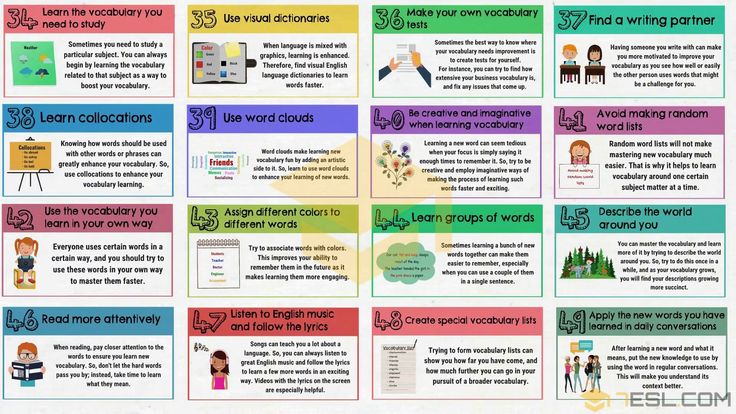
This doesn’t mean you have to get all super structured and hard-task-master about this! Don’t zap the fun and joy of this journey by being too inflexible with lessons and activities. BUT you do have to be consistent, I’m talking daily consistency here.
If you want your child to learn Mandarin and French, spending an hour a week on lessons will not a multi-lingual child make!
A popular way bilingual parents introduce two-second languages simultaneously is by having each parent only speak in their native language during certain times of the day, or during particular activities.
You can still do this if you’re a non-native speaker, playtime at the park with dad might be time for Mandarin and preparing dinner with mum could be time for French. There’s plenty of ways to work it!
I’ve talked about how to set language fluency goals before, but it’s a point worth covering again - especially in the case of learning more than 2 languages at once.
Why do you want your child to become multi-lingual?
Do you want to share the heritage language of your family or help your child learn a foreign language that could put them ahead in their career years down the track?
We know there are plenty of benefits for teaching our little ones a new language, even if they never become fluent, but it’s helpful to focus on a specific reason.
Let’s go back to the earlier example of our little Italian / English and Chinese speaking family.
The goal for their toddler might be fluency in Italian as well as English but for Chinese, maybe the goal is passive bilingual - she’s able to understand it and can speak some words and simple phrases in the language.
She’ll have the foundations for Chinese if she’s interested in continuing with it herself as she gets older. However, the main focus of language learning while she’s young is developing fluency in Italian.
If you want your child to learn 2 or 3 languages in addition to English but don’t have a real goal for each one, you won’t be clear on what language to focus on the most.
Again, it all comes back to exposure!
Learning 3, or even 4 languages at childhood is absolutely possible, but it totally depends on the time you’re willing to put in….and your child’s willingness to learn.
Don’t overload your kiddo with your expectations or get too caught up in trying to teach them so many multiple languages that the FUN part of gets lost in the whole process.
In fact, little language wiz Bella Devyatkina’s mama says her learning process has never been anything but fun, and actually made a lot of effort to avoid the traditional style of lessons!
I'd love to know what languages would you teach your kiddos if you could raise the multi-lingual?
✨ Psst... When you're ready, here are a few ways I can help you get started with teaching your kids a foreign language at home...
1. Download my free 10 Page Guide for Parents to help you see how easy introducing a foreign language at home can be - especially if you don't speak the language at all.
2. Want a plan to run consistent language lessons that are fun and easy?
Access your first week of play based foreign language lessons for FREE here, all that's left is to select your language + start today!
3. Looking for a 12 month, step-by-step plan and play based resources to help you introduce a language to your little ones with EASE? Quit scrolling on Pinterest and Join our 12 Month Annual Lesson Bundles to get everything you need to started and KEEP GOING!
DOWNLOAD OUR FREE GUIDE FOR NON-NATIVE PARENTS!
Discover how you can run consistent language lessons, that are fun and engaging and help your kids make the progress they deserve!
Even if you're not fluent!
We hate SPAM.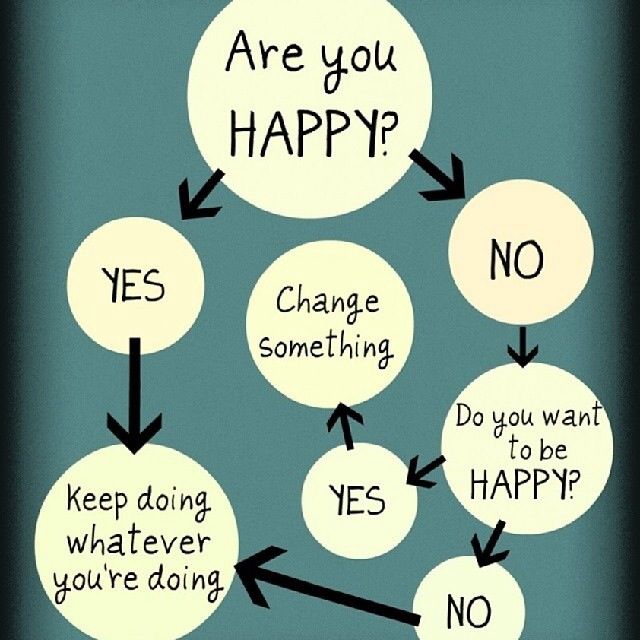 We will never sell your information, for any reason.
We will never sell your information, for any reason.
How many languages can a child learn?Expat Since Birth – A Life spent "abroad"a blog by a multilingual lifelong expat/international, linguist, researcher, speaker, mother of three, living in the Netherlands and writing about raising children with multiple languages, multiculturalism, parenting abroad, international life...
Being multilingualBy Ute Limacher-Riebold on • ( 31 Comments )
Have you ever wondered how many languages a child can learn at once or if there is a ‘window’ of opportunity? Can it ever be “too late” to learn another language? Can we learn multiple languages at any time? And what are the cognitive benefits of learning more than one language?
You can find some answers in this interview with research psychologists and a language teacher about how kids acquire second, third or fourth languages and how it helps to feel even more strived to bring up multilingual children.
To be honest, I’m feeling a bit bored about all the discussions about what bilingualism is (I think there have been enough publications and discussions about this in the last century…). And we don’t need to hear more reasons why bringing up bilingual or multilingual children is “good” or beneficial for our children and ourselves. We already know this. We should all move on and concentrate on the next steps.
I know for my own experience, that a child can grow up learning 3-4 languages from a very early childhood on (0-5) and not being “confused”.
1) When should a child begin to “learn” or acquire a second/third etc. language?
This question hasn’t been asked in this interview, but Laura-Ann Pettitto (Professor at the University of Toronto) did point out that in early life, when the child is still in the acquiring phase of the first language, he will use the same “brain tissue” for all the languages.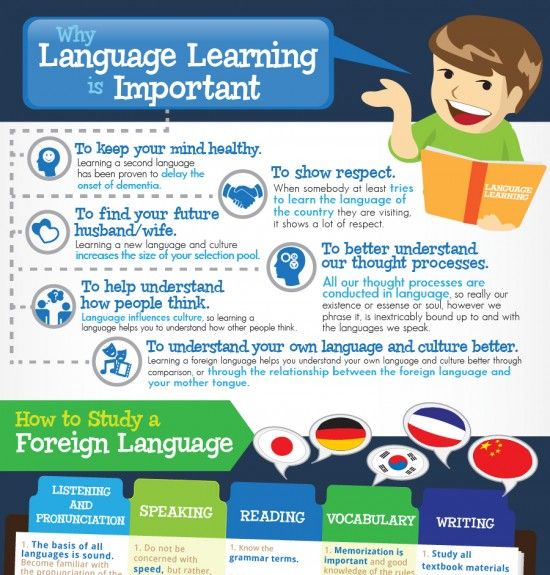 Whereas, if children are exposed to languages later in life, different parts of the brain are involved (3:00 sq) because “the part of the brain that is responsible for processing language is on a maturational timetable and we know very clearly what that timetable is, when the periods are most sensitive” (4:00). Interestingly, this is not the case for all the parts of language. Some parts “remain open for life, like vocabulary and there are other parts of language, which are on a maturational timetable. Our brain reaches a stable processing capacity and then stops because it’s acheaved it’s stable state” (4:20). – Now, it’s quite hard to determine when this happens because the different parts of language are affected differently by maturation.
Whereas, if children are exposed to languages later in life, different parts of the brain are involved (3:00 sq) because “the part of the brain that is responsible for processing language is on a maturational timetable and we know very clearly what that timetable is, when the periods are most sensitive” (4:00). Interestingly, this is not the case for all the parts of language. Some parts “remain open for life, like vocabulary and there are other parts of language, which are on a maturational timetable. Our brain reaches a stable processing capacity and then stops because it’s acheaved it’s stable state” (4:20). – Now, it’s quite hard to determine when this happens because the different parts of language are affected differently by maturation.
Early exposure is necessary for good syntactic competence, for really good phonological competence, early exposure is ideal (4:44).
Peter Gazzellone, teacher at the Ryerson Community School, presents the Integrated language programm at his school. This programm offers Arabic, Mandarin, Spanish and African heritage programm. “The students get to choose from one of these languages and it’s usually the language that they speak at home” (5:29). The children also learn French (from grade 4) and then from Kindergarden up to grade 8 all the children at school learn another language. – In Europe we have several immersion programm school systems and know that this programm really benefits the children.
This programm offers Arabic, Mandarin, Spanish and African heritage programm. “The students get to choose from one of these languages and it’s usually the language that they speak at home” (5:29). The children also learn French (from grade 4) and then from Kindergarden up to grade 8 all the children at school learn another language. – In Europe we have several immersion programm school systems and know that this programm really benefits the children.
We all know that the task of acquiring a language later in life, when we’ve already acquired our first language (and learned it at school) is a different, much harder task.
2) Can adults learn new languages as “good” as children?
There is a very clear answer: yes, they can. If the adult wants to make it possible and has the time, he will succeed. Ellen Bialystock, Professor at the University of York, points out that “children are given the opportunity to learn languages in a way that supports every part of this very difficult task (…) everyone they interact with interacts with them for the purpose of helping them learn language”. If adults had this opportunity and would “quit [their] job for five years, use a mentor who will speak to [them] at exactly the level [they] need (…) [they] will be very successful” (2:00 ssq). Life, usually doesn’t give us that chance and “the main difference about learning languages as a child and as an adult is life“.
If adults had this opportunity and would “quit [their] job for five years, use a mentor who will speak to [them] at exactly the level [they] need (…) [they] will be very successful” (2:00 ssq). Life, usually doesn’t give us that chance and “the main difference about learning languages as a child and as an adult is life“.
If an adult really wants to learn a language, total immersion and the passion to learn it are the most important premisses to succeed. The suggestion made by Ellen Bialystock is meant for people who want to learn a new language “at home”, who don’t have the opportunity to learn it in loco. But if we have to learn the language because we move to the country, it’s more probable that we will attain a very good fluency in a very short time. If total immersion is not possible, there are many other possibilities to create a monolingual exposure in the language we want to learn in real life or online or via skype etc.
3) How much exposure?
There have been published many articles lately about the quantity of time someone should talk a language – or more than one – per day. Probably the number 20% sounds familiar? The amount of exposure per day or week depends on your goal: do you want your child to be perfectly fluent or would it be enogh for him to understand a conversation?
Probably the number 20% sounds familiar? The amount of exposure per day or week depends on your goal: do you want your child to be perfectly fluent or would it be enogh for him to understand a conversation?
Laura-Ann Petitto points out that “systematical exposure is more important than the amount of time of the exposure. The human brain doesn’t work on quantity but on quality. Therefor, regular systematic exposure “with stable users across different contexts which are rich and varied” will help a child to reach fluency. This means that immersion exposure at school only is not enough to become utterly fluent. It has to be enriched by “cultural material, linguistic material, movies etc” also outside the schoolday.
4) Do all children have the same ability?
This is like with everything in life: some are more prone to learn languages, others are better in other sectors. Ellen Bialystock points out that “our minds are prepared to do is make everybody a competent speaker of a language that is in the environment without additional effort” (11.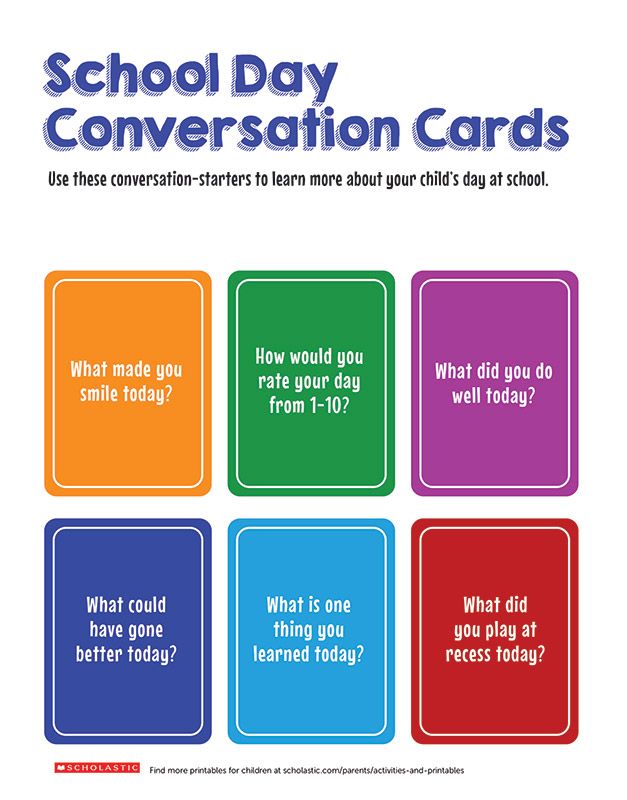 00 ssq.). And to answer the question: “some [children or adults!] will find this fun and exciting and some will find it more effortful”.
00 ssq.). And to answer the question: “some [children or adults!] will find this fun and exciting and some will find it more effortful”.
5) Will children always have one dominant language?
We all know that there are differences even among multilingual siblings about their language preferences. And Laura-Ann Petitto confirms that “children have preferences for languages and the preferences are set by various things outside of our biology” (12:45 sq). It depends on the language their friends, their family are speaking. Children are also very economic in their language choice ( The concept of economy – a tenet or tendency shared by all living organisms – may be referred to as “the principle of least effort”, which consists in tending towards the minimum amount of effort that is necessary to achieve the maximum result, so that nothing is wasted.” cfr. Alessandra Vicentini, Università di Milano, The Economy Principle in Language. Notes and Observations from Early Modern English Grammars).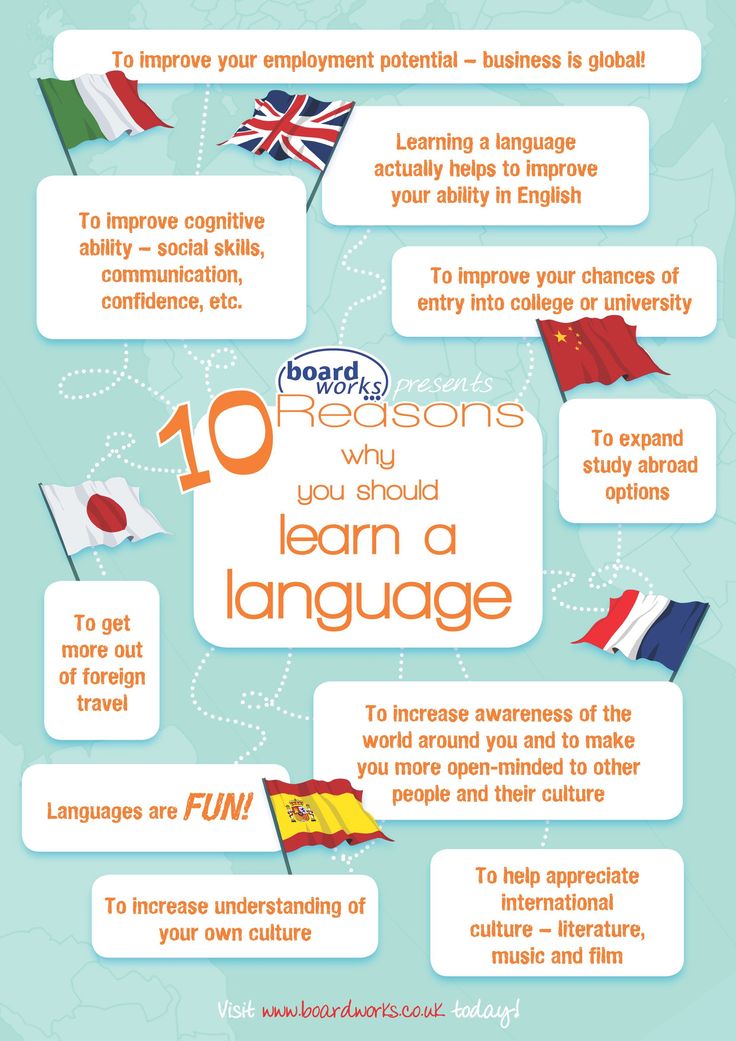 If the children know that their parents understand all the languages they’re supposed to talk, they will probably prefer one of the dominant languages in their social context (the host country, school etc.), using the “minimum amount of effort to achieve the maximum result”.
If the children know that their parents understand all the languages they’re supposed to talk, they will probably prefer one of the dominant languages in their social context (the host country, school etc.), using the “minimum amount of effort to achieve the maximum result”.
The human biology enables us to extract patterns from one and the other language and to compare and fit them, but language acquisition is more about the need to speak this language.
6) Do multilinguals know less vocabulary than monolinguals?
Don’t worry about the vocabulary a child has in one of the languages he is acquiring. Usually, multilingual children are a bit “behind” their monolingual peers, but this doesn’t mean that they’ll never catch up. We know from many studies that a bilingual (or multilingual) child knows at least as many words and probably more and at least as many concepts and probably more as monolinguals. (15:20 ssq). – And we should never forget that these are all averages!
If you look at the distribution of the data, “most children are in the normal part of the curve where it could go either way. The bilingual could have a higher English (or other language) vocabulary than the monolingual” (15:50).
The bilingual could have a higher English (or other language) vocabulary than the monolingual” (15:50).
If you take the vocabulary tests that are used to assess vocabulary – and the intersting part is, that they’re usually given out only in one language! – “and you devide the words up into words they are likely to encounter at home and words they are likely to encounter at school there is no difference!” (16:20 ssq).
There is definitely no accademic risk or compromise to the main purpose for learning many languages (from an early stage on!).
Two final, very encouraging quotes for every multilingual from Laura-Ann Petitto:
The human vocabulary stays open to work for life.
The brain is not biologically set to learn only one language.
- One year expatsincebirth (expatsincebirth.com)
- Challenges raising bi/multilingual kids… (3rdculturechildren.
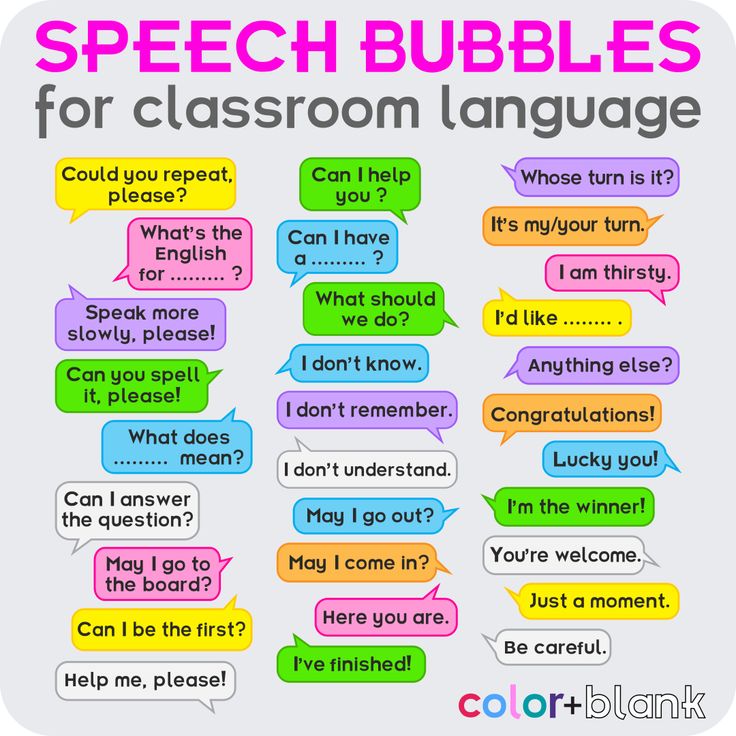 com)
com) - Raising Bilingual Kids Blogging Carnival: Hidden Opportunities (headoftheheard.com)
Like this:
Like Loading...
Categories: Being multilingual, Multilingual children, Multilingualism, Raising TCK's, School, TCK's
Tagged as: Ellen Bialystock, language, Language immersion, Laura-Ann Petitto, multilingualism, University of Toronto, University of York
How many languages can a child learn?
Sooner or later, every parent thinks about whether it is worth teaching his child foreign languages. After all, the child will not need them right now, but at school they will teach everything. Moreover, several foreign languages is a difficult task that requires a lot of time and effort, taking up the amount of time that can be successfully spent on preparing for school, section, or just relaxing. Many parents are all the more afraid of overloading their child, or depriving him of the opportunity to concentrate on more important things - mathematics, physics . ..
..
Nevertheless, it's worth it.
Learning new languages will have a very strong impact on your child's development. For the same purpose for which you and I learned poems and whole poems by heart in childhood, today, from early childhood, several languages are taught. The development of long-term memory, syntactic and phonological competence, as well as preparation for a promising future, since in our time a person who knows several foreign languages has much more opportunities. nine0003
This article contains the most popular questions that arise when parents want to teach their children foreign languages, and our answers to them.
When should children be taught a new language for them?
Although there are an incredible number of articles on this issue on the Internet, many parents still do not have a clear and precise answer to this question. Of course, from early childhood! As early as possible, from the youngest nails, when your child still cannot walk.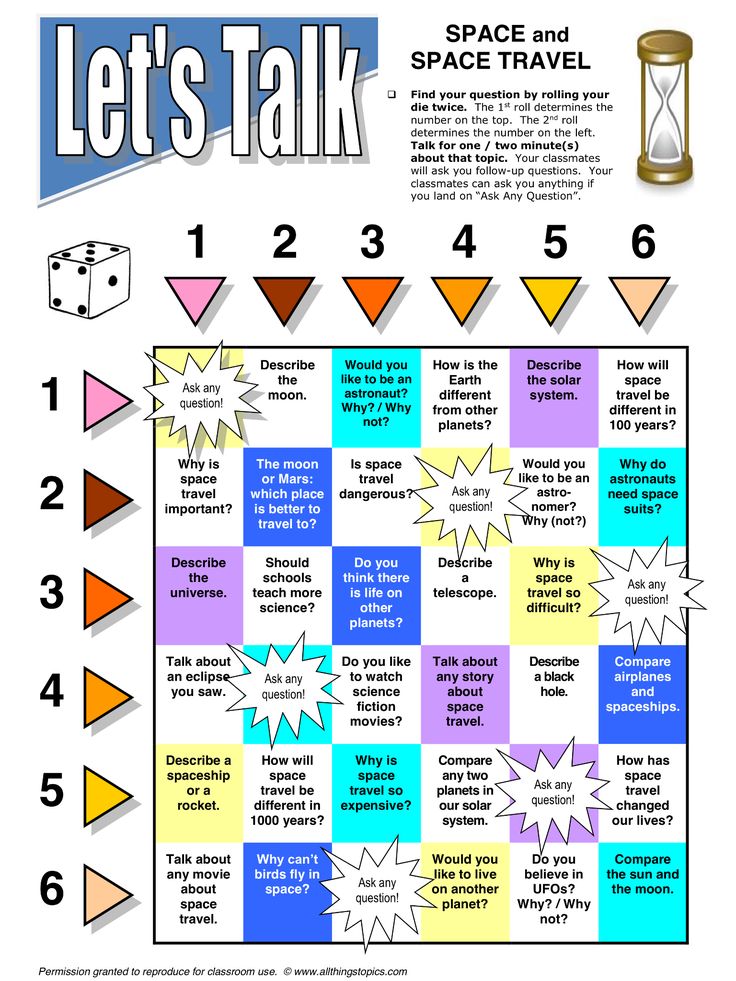 Any languages are easy to learn at the age of five, after - every year it becomes more and more difficult. In childhood, the human brain is soft and malleable, easily absorbs incoming information, and is reluctant to part with it even over time. nine0003
Any languages are easy to learn at the age of five, after - every year it becomes more and more difficult. In childhood, the human brain is soft and malleable, easily absorbs incoming information, and is reluctant to part with it even over time. nine0003
How many languages can a child learn?
Many. There is no set "recommended" or "optimal" number of languages. Just like any other person, by virtue of his desire or ability, he can learn any number of them, so children can comprehend many different languages. Of course, as in most life issues - you should not be too zealous in this vein and teach your baby three or four languages \u200b\u200bat once, this can adversely affect the dialect and vocabulary after a few years. nine0003
Will vocabulary suffer if you learn more than one language?
It will suffer, but we hasten to please you - not much. Insignificant losses will be in any case, and will be the greater, the more languages you begin to teach your child. However, this can be easily avoided by attending educational classes for children. In addition, do not forget that a person's vocabulary is replenished throughout life, in contrast to the ability to learn languages, which fades over time. nine0003
However, this can be easily avoided by attending educational classes for children. In addition, do not forget that a person's vocabulary is replenished throughout life, in contrast to the ability to learn languages, which fades over time. nine0003
Will the child be fluent in all languages, or will one of them dominate?
Of course, it is best to remember the speech that the baby will encounter most often, his native language. It is a well-known fact that even brothers and sisters who know several languages often prefer different languages. Even if there are completely different people in the child’s social circle, easily communicating in different languages, one of them will dominate, the one that seems to the little man the most simple and understandable. This is due to the concept of economy - the most effective result, in this case - the transfer of information, with the least effort. nine0003
How much time should be devoted to language learning per week?
Such a question is incorrect in itself, but it should sound like: “how much time per day should I devote to learning a language?” It all depends on the goal that you set for yourself. Therefore, to begin with, decide what result you would be satisfied with? Is it enough for you that your child is fluent in a foreign language, or do you want him to be fluent in this language? Or maybe you strive for fluency in writing? Be that as it may, the most effective ratio is 20% to 80% per day, of which 20% is a foreign language. So simply learning on your own may not be enough for your purposes, and English courses for children may be the best option. Thus, you can kill several birds with one stone, since another nuance that you should pay attention to is the duration and frequency of classes. Not so sometimes, but always, it is better if the classes are regular than long. This is one of the fundamental rules of teaching foreign languages. nine0003
Therefore, to begin with, decide what result you would be satisfied with? Is it enough for you that your child is fluent in a foreign language, or do you want him to be fluent in this language? Or maybe you strive for fluency in writing? Be that as it may, the most effective ratio is 20% to 80% per day, of which 20% is a foreign language. So simply learning on your own may not be enough for your purposes, and English courses for children may be the best option. Thus, you can kill several birds with one stone, since another nuance that you should pay attention to is the duration and frequency of classes. Not so sometimes, but always, it is better if the classes are regular than long. This is one of the fundamental rules of teaching foreign languages. nine0003
Can a teenager learn a new language as quickly as a child?
The answer is yes, it can. If you have enough desire, enough diligence and, of course, time. A teenager will have to devote much more time than a baby to learning the language at the same level. The ability to learn new languages is gradually lost with adulthood, however, it is still possible early on.
The ability to learn new languages is gradually lost with adulthood, however, it is still possible early on.
How many languages can a child learn?
Have you ever asked yourself how many languages a child can learn at the same time due to circumstances or if there is an opportunity to learn a foreign language? Is it "too late" to learn a foreign language? Is it possible for a child to learn many languages at the same time? And what are the cognitive benefits of learning more than one language? nine0003
In this article we will tell you about how children learn a second, third and even fourth language. You will also understand whether it is worth making incredible efforts to teach children foreign languages from childhood.
From the numerous articles on the topic of learning foreign languages, you probably know why learning a language for a child is good. Experts have long proved that a child can grow up and learn 3-4 languages from early childhood (0-5) and at the same time will not experience "embarrassment" or discomfort, and everything will be "sorted out" in his head.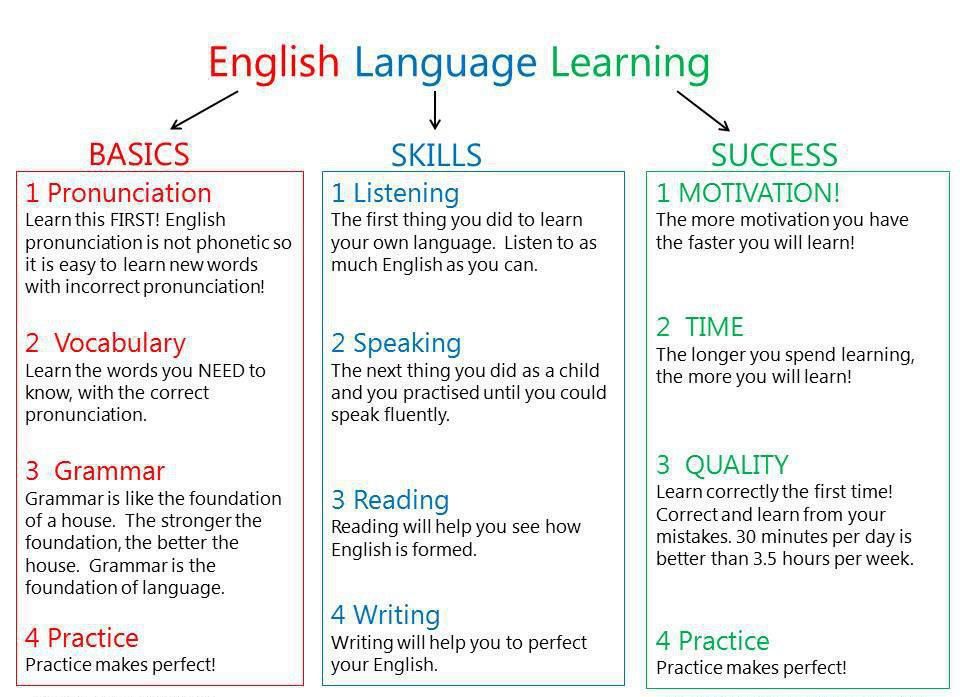 Below we will look at the questions that parents most often worry about. nine0003
Below we will look at the questions that parents most often worry about. nine0003
language?
At an early stage of life, when the child is at the stage of learning the first language, the child will use the same brain tissue for all languages. But if the child starts learning the language later, then different parts of the brain will be involved, since the part of the brain that is responsible for language processing matures according to a certain schedule and we know this schedule very clearly. Interestingly, this does not apply to absolutely all parts of the brain that are responsible for learning the language. Some parts of the brain remain "open for development and comprehension" throughout life - for example, vocabulary replenishment, and some parts, on the contrary, fit into the development schedule. Our brain enters a stable language processing capacity and then stops working in "cognitive mode" because it has already reached a stable level of understanding.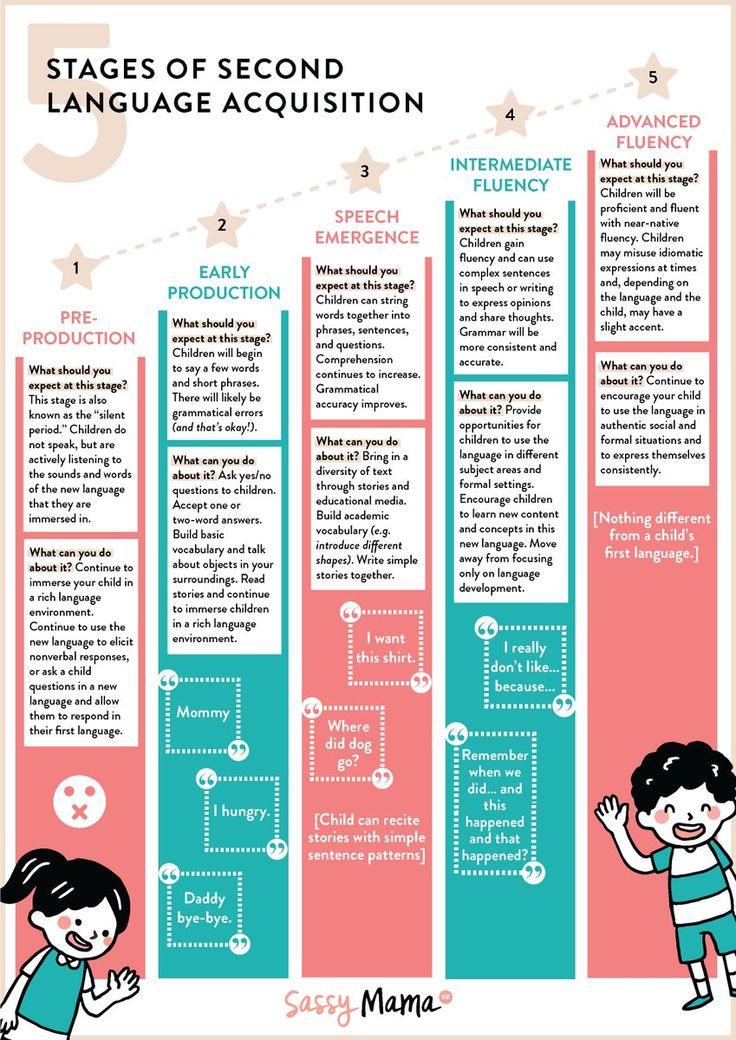 At the moment, it is difficult to determine when this occurs, since the maturation process affects different parts of the language differently. nine0003
At the moment, it is difficult to determine when this occurs, since the maturation process affects different parts of the language differently. nine0003
Early language exposure is essential for the development of good syntactic competence as well as for phonological competence, where early language learning is ideal. In Europe there are several programs that allow toddlers and older children to immerse themselves in the language environment, and these programs really have a very positive effect on children and their development. We all know that learning a language at an older age, when we already know our first language (and learned it in school), is a completely different task, which is much more difficult to cope with. nine0003
2) Can adults learn a new language as well as children?
There is only one very clear answer: yes, they can. If an adult really wants this and he has time for this, then he will succeed. Linguistics experts emphasize that children are given the opportunity to learn languages in such a way that at every stage they are helped in this and everyone they turn to reciprocates in order to help them learn the language.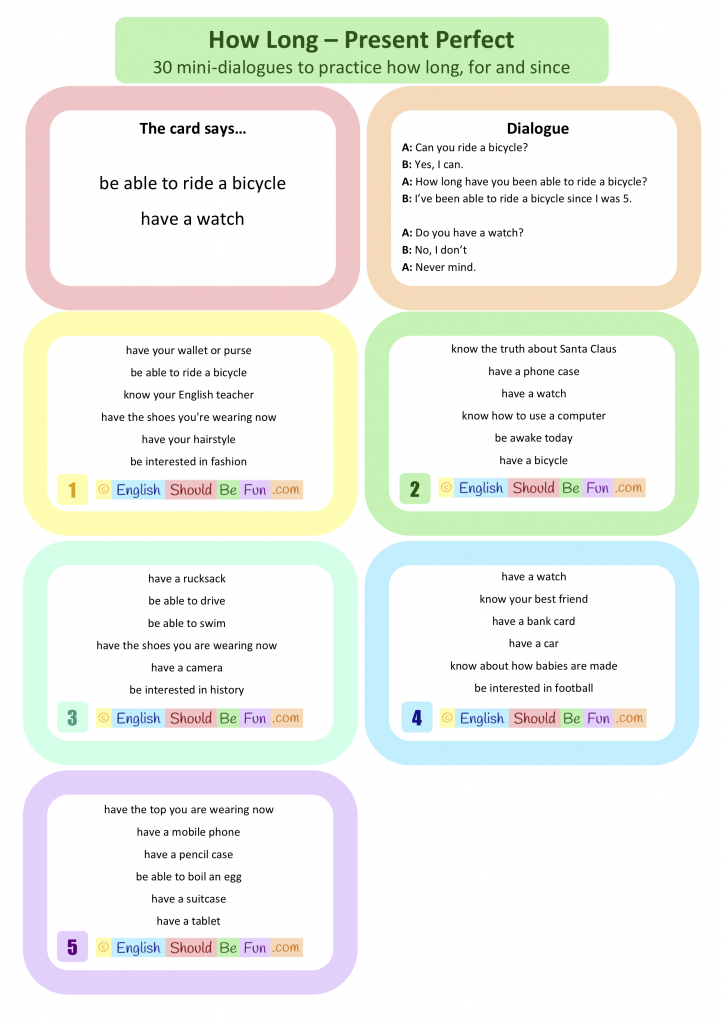 If adults had such an opportunity and they would quit their job for about five years, use the services of a teacher who would communicate with them just at the level that they need, they would achieve overwhelming success. Usually life does not give us such chances and this is the main difference between learning a foreign language in childhood and learning a foreign language in adulthood. nine0003
If adults had such an opportunity and they would quit their job for about five years, use the services of a teacher who would communicate with them just at the level that they need, they would achieve overwhelming success. Usually life does not give us such chances and this is the main difference between learning a foreign language in childhood and learning a foreign language in adulthood. nine0003
If an adult really wants to learn a foreign language, then full dedication to the learning process and the very desire to learn a foreign language are the most important components of success. The suggestion made by many teachers concerns those who want to learn a new language "at home", who do not have the opportunity to learn the language in schools abroad. But if you have to learn the language because you moved to the country, then most likely you will get to a good level in a fairly short time. If full immersion is not possible, then there are many other opportunities to create a monolingual immersion in the language you want to learn, and this can be both in real life and online. nine0003
nine0003
3) How strong should the influence of language be?
Recently, many articles have been published regarding the amount of time one should communicate in a foreign language - perhaps even more than once a day. Perhaps you have already heard the figure of 20% somewhere? The number of conversations per day or per week depends on your goal: Do you want your child to communicate freely or will it be enough for him to understand what the conversation is about?
Pay attention to the fact that systematic studies are more important than the duration of these studies. The human brain does not work with quantity, but works with quality. Thus, regular and systematic interaction with "stable users in various contexts, which are themselves rich and diverse" will help your child learn to communicate fluently in a foreign language. This means that just studying at school is not enough to be fluent in a foreign language. This knowledge needs to be enriched with "culturological material, linguistic material, cinema, etc.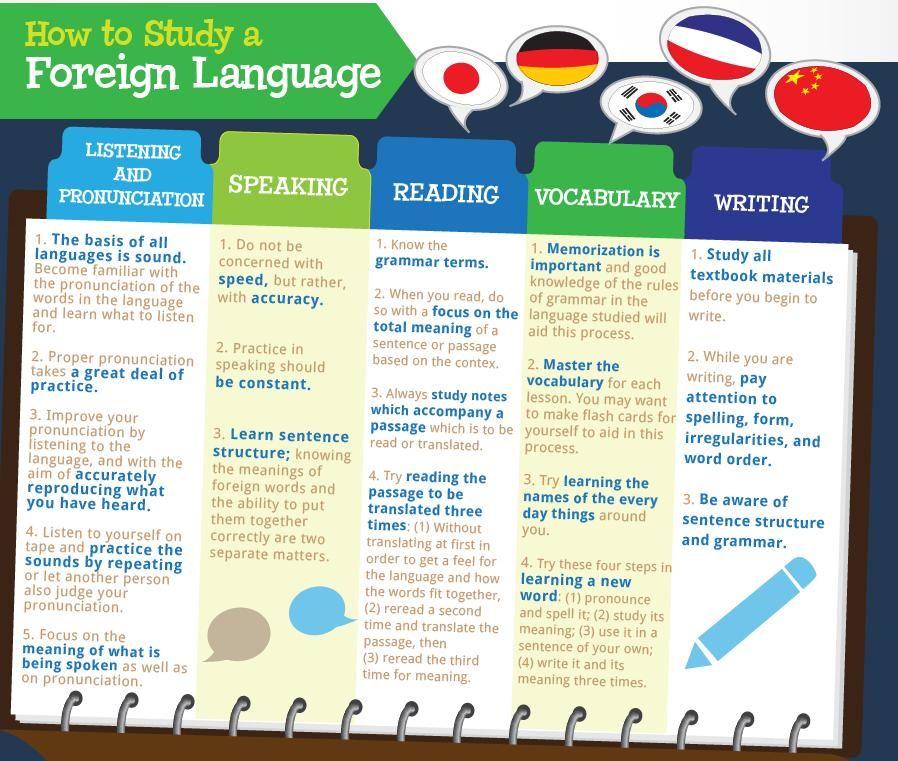 " - all this knowledge must be obtained outside the school. nine0003
" - all this knowledge must be obtained outside the school. nine0003
4) Do all children have the same abilities?
Some people are more prone to learning languages, while others are better in other areas. Scientists claim that "our minds are prepared to make everyone a competent speaker in a given environment without additional effort." And hence the answer to your question: for some [children or adults] the process of learning a language will be fun and funny, and for some it will be necessary to make more effort.
5) Will the child always have one dominant language? nine0005
We all know that there are differences in language preference even between siblings who speak multiple languages. All children are prone to certain languages, and these propensities are determined by various things outside of our biological data. It all depends on what language their friends communicate in, as well as in what language communication is conducted in the family.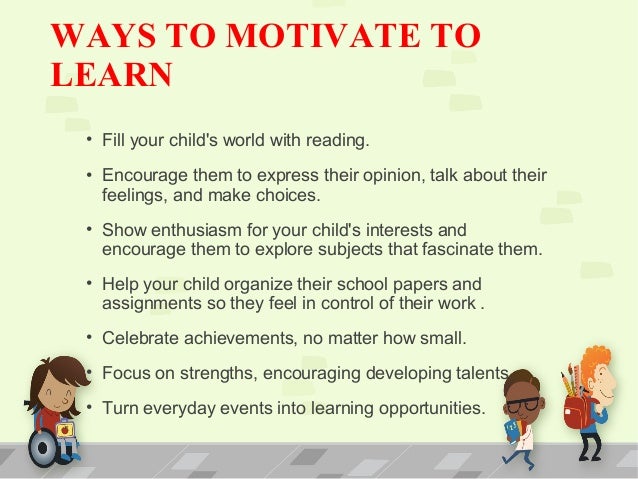 Also, when choosing a language for communication, children are quite economical. The concept of economy - the tendency or tendency to which all living organisms are prone, can also be called the "principle of least effort", which consists in the tendency to the minimum amount of effort required to achieve maximum results, so that nothing is wasted. If children know that their parents understand all the languages they should be speaking, then they are more likely to prefer the language that dominates their social context (country of residence, school, etc.) in order to use the "minimum amount of energy for maximum results. nine0003
Also, when choosing a language for communication, children are quite economical. The concept of economy - the tendency or tendency to which all living organisms are prone, can also be called the "principle of least effort", which consists in the tendency to the minimum amount of effort required to achieve maximum results, so that nothing is wasted. If children know that their parents understand all the languages they should be speaking, then they are more likely to prefer the language that dominates their social context (country of residence, school, etc.) in order to use the "minimum amount of energy for maximum results. nine0003
Human biology allows us to select parts from several languages for the purpose of matching and comparing them, but learning a language is about more than having to speak that language.
6) Do those who speak more than one language have a smaller vocabulary than those who speak one language?
Don't worry about your child's vocabulary in one of the languages they are learning. As a rule, multilingual children are slightly behind their monolingual peers, but this does not mean that they will not catch up with them. We know from numerous studies that a bilingual (or multilingual) child knows as many words and likely more or as many concepts, or likely more than monolinguals. And we should never forget that these are all average figures! If you look at the distribution of the data, most children are within the normal portion of the straight line and can either improve or worsen. A bilingual person may have a better vocabulary in English (or any other language) than those who speak the same language. nine0003
As a rule, multilingual children are slightly behind their monolingual peers, but this does not mean that they will not catch up with them. We know from numerous studies that a bilingual (or multilingual) child knows as many words and likely more or as many concepts, or likely more than monolinguals. And we should never forget that these are all average figures! If you look at the distribution of the data, most children are within the normal portion of the straight line and can either improve or worsen. A bilingual person may have a better vocabulary in English (or any other language) than those who speak the same language. nine0003
There are definitely no academic risks or compromises regarding the main goal of learning different foreign languages (early!).
And a few more interesting facts in the end:
- A person's vocabulary is replenished throughout life.
- From a biological point of view, the brain is not tuned to learn only one language.
